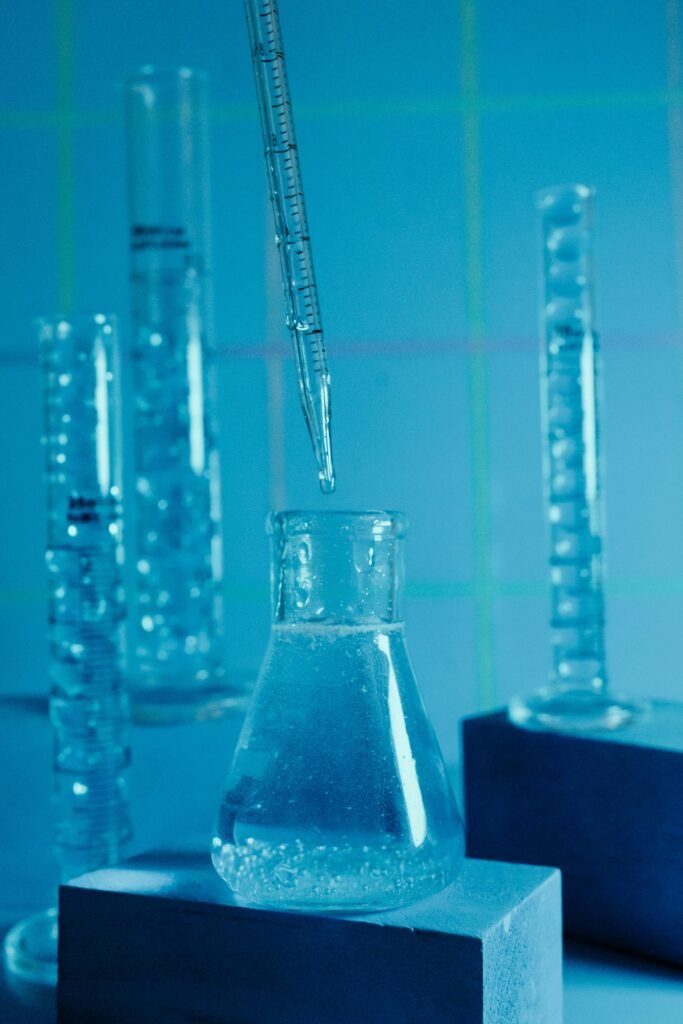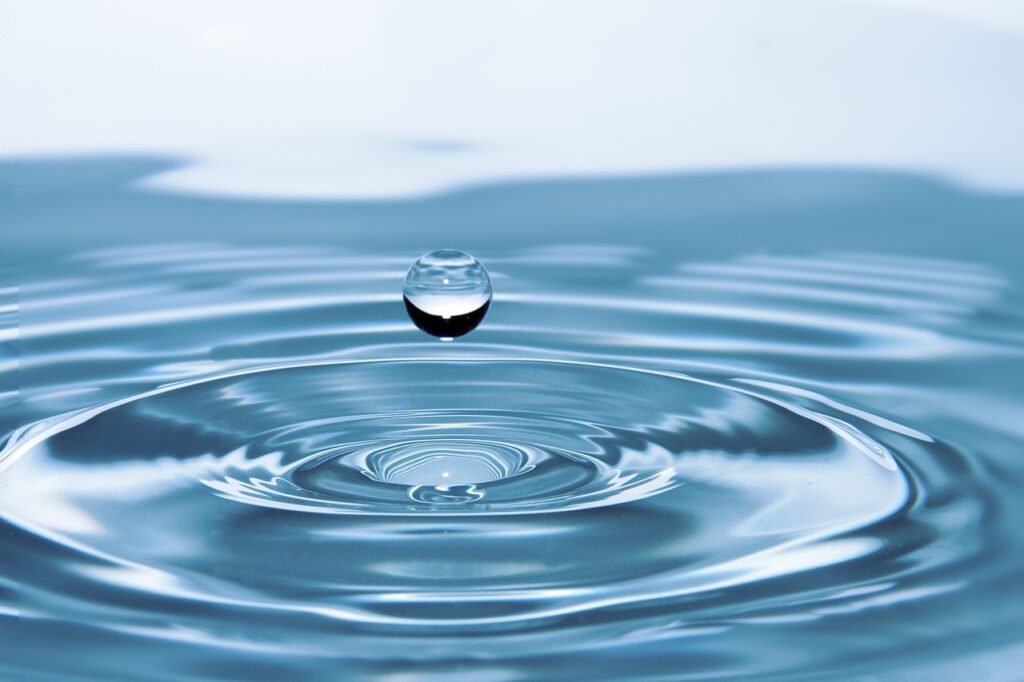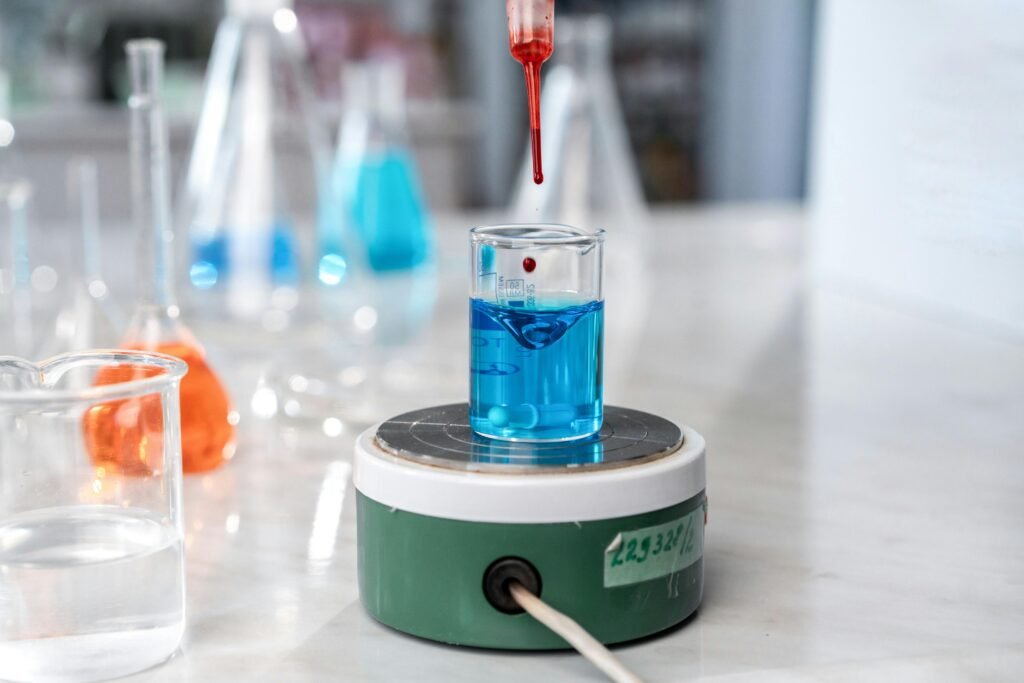Water Testing
A water testing service is a critical component of pool maintenance, ensuring that water is safe, balanced, and comfortable for swimmers. Pool water testing services help maintain proper chemical levels, prevent algae growth, and extend the life of the pool equipment and surfaces. Here’s a detailed breakdown of a comprehensive water testing service for a Inova Leisure company.
Water Testing Services
1. Regular Chemical Testing
- Chlorine and Bromine Levels: Testing free chlorine and bromine to ensure effective sanitation and kill bacteria, algae, and other harmful organisms.
- pH Level: Testing and balancing pH levels to keep the water comfortable for swimmers and protect pool surfaces and equipment. Ideal pH levels range between 7.2 and 7.6.
- Alkalinity: Testing total alkalinity to stabilize pH levels. Proper alkalinity (between 80-120 ppm) helps prevent rapid pH fluctuations.
- Calcium Hardness: Testing for calcium hardness to prevent scaling on pool surfaces and equipment or erosion if levels are too low. Ideal levels are between 200-400 ppm.
- Cyanuric Acid: Checking cyanuric acid levels in outdoor pools to protect chlorine from UV breakdown, maintaining effective sanitization.
2. Specialized Testing
- Phosphates and Nitrates: Testing for phosphates and nitrates, which can contribute to algae growth if they reach high levels.
- Total Dissolved Solids (TDS): Measuring TDS levels, which indicate the buildup of dissolved particles that can affect water clarity and chemical balance. High TDS levels may require partial water replacement.
- Salt Levels for Saltwater Pools: For saltwater pools, testing salt levels to maintain proper salinity, usually around 3000-4000 ppm, depending on the manufacturer’s recommendation.
- Metals Testing: Testing for metals like copper and iron, which can stain surfaces or change water color if left unchecked.
3. Water Balancing Service
- Chemical Adjustments: Adding chemicals as needed to adjust and balance the water, including chlorine, pH adjusters (acid or base), and alkalinity boosters.
- Shock Treatments: Performing regular shock treatments, especially after heavy pool usage, rainstorms, or if algae begins to develop, to keep the water clear and disinfected.
- Algaecide Application: Applying algaecide periodically to prevent algae buildup, especially in warmer months.
4. Detailed Reporting and Recommendations
- Testing Reports: Providing clients with a detailed report on their pool’s chemical levels and any issues identified during testing.
- Maintenance Recommendations: Offering suggestions for weekly maintenance based on test results, such as filter cleaning or water balancing steps.
- Product Recommendations: Recommending specific chemicals or products for pool owners to use between professional service visits.

Iculis posuere proident vero quaerat exercitation numquam! Corporis suscipit gravida quisquam.

